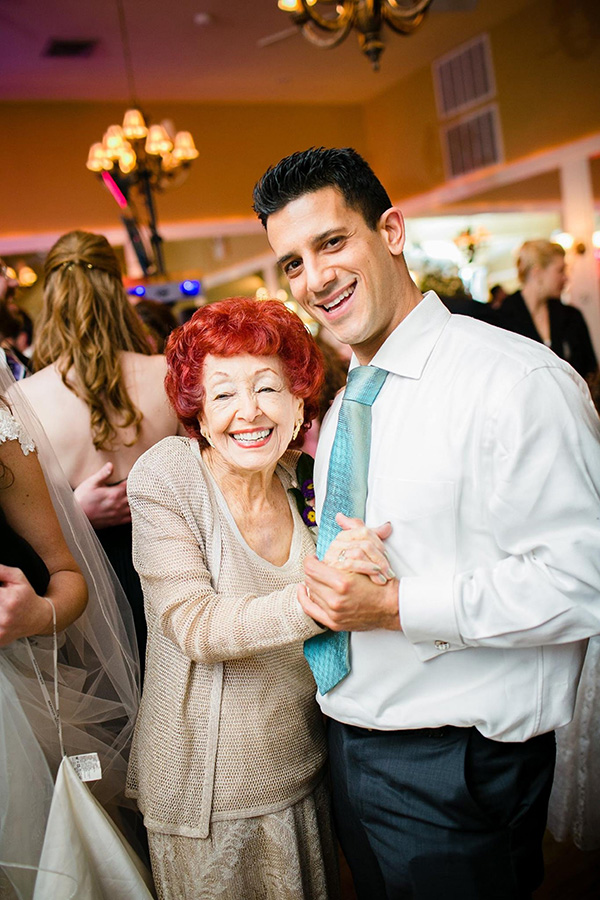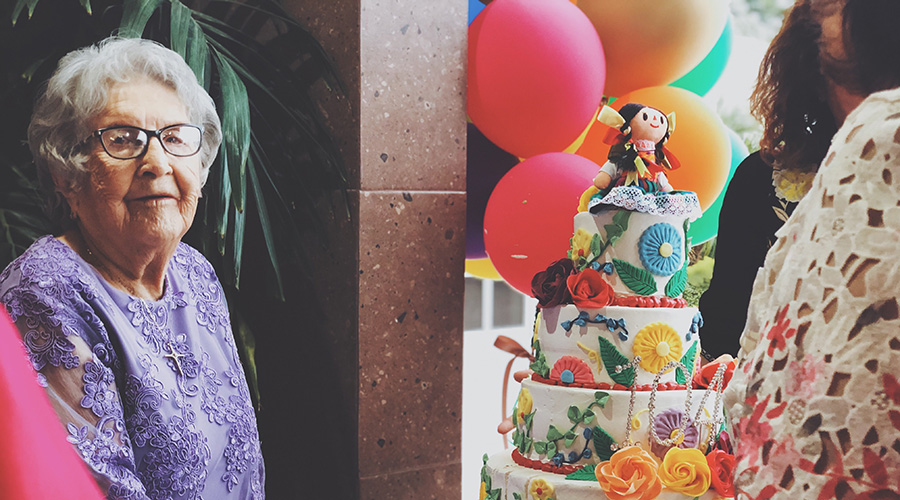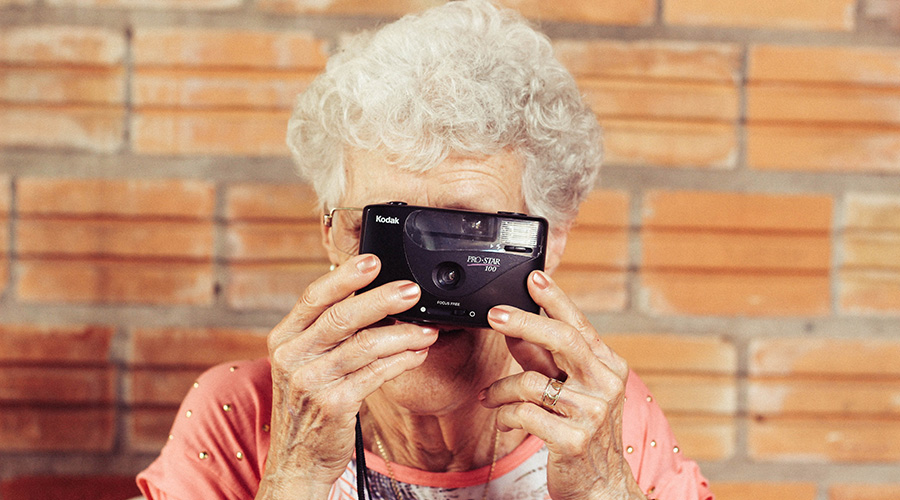· 4 min read
7 Caregiver Tips on Seniors with Alzheimers During Holidays
This year, families can safely gather together once more for the holidays. Here's some caregiver tips to cope with your seniors with Alzheimer's during this event.

By: Rosemarie Tamunday Casanova — RN, BSN, MHA
The constraints of the COVID pandemic wreaked havoc on the last 2 year’s holiday season, forcing many families to remain isolated from one another. Thankfully, this year families are able to embrace the opportunity to safely gather together once more.

Photo by Oren Atias on Unsplash
While decking the halls and getting ready for visits with family members, it’s vital to include adjustments to senior holiday activities to make sure a loved one with dementia can enjoy the season to the fullest as well.
When dealing with large family gatherings, older persons with Alzheimer’s will sometimes get irritable or grouchy.
A strategy to deal with these anticipated difficulties can help you find the right balance between the needs and expectations of your family and your own abilities.
How can you help your seniors with Alzheimer’s adapt to the stress of holidays?
Listed below are a few strategies that will help your seniors cope with holiday stress better:
Less is More
Scheduling visits and inviting fewer individuals at a time instead of one overwhelming party with the entire family will most likely be easier for the individual to manage. Overstimulation, too much noise, and breaking from routine may cause frustration and agitation.

Photo by Polox Hernandez on Unsplash
Timing is Everything
Be aware of the person’s emotional behavior throughout the course of a normal day. Is the older adult more content, alert, and engaged in the early mornings, or later in the afternoon? To the extent you are able, plan parties around that time of day - even if this means breaking a family tradition. A holiday brunch could be more pleasurable for the senior than an evening party, for instance.
Personal Space is Vital
Find a calm area away from the hustle and bustle of friends and family, and help the older adult retreat to that area when necessary. Watch out for early warning signs that the person is feeling stressed, and have a few relaxing activities at the ready, such as soft music to enjoy, a photo album for reminiscing, or even a nap.
Pre-planning Enjoyable Activities
Before the gathering, put together a list of things the older adult specifically likes and responds to, and brainstorm activities that incorporate those ideas. Someone who loves music (as many with dementia do) might like hearing a grandchild play traditional holiday songs on the piano while the family sings along. A person who has always liked cooking can join in rolling out pie crust or mixing cookie dough.
Allow them to Reminisce
Everyone can find the holiday season reflective, especially your elderly parents who have seen and experienced a lot. Allow them to enjoy nostalgic feelings. You can give them family photos of loved ones. You can also play old tunes on their request.

Photo by Tiago Muraro on Unsplash
For those with dementia or Alzheimer’s disease, photography and music have been shown to help rejuvenate old memories.
Make them to Engaged and Enjoy
Seniors can easily be forgotten or neglected during family gatherings, especially large ones, which may cause them to feel grumpy or sour. In order to prevent this, a good way to go is to plan activities that you know they enjoy, to give them a feeling of inclusion.
For instance if your aging mum likes to cook or bake, you could arrange a group cooking or baking session. Or perhaps your aging father loves to watch soccer. You could add a soccer game to the daily activities for everyone to partake in. You could also have a little dancing session to their favorite songs.
In addition to this, allow them help with little things around the home if they offer to do so. No one likes to be idle and it is no different for your aging parents.
Don’t Be Too Hard on Yourself
Know that as much as you desire for your aging parents to enjoy a wonderful and special holiday, there is a limit to what you can do to influence their mood.
Some elderly persons may naturally be hard to please and may choose to remain stubbornly negative in their moods, while some may not be appreciative of the efforts you have put in. If this is the case for you, remember to stay upbeat. You have done as much as is within your power and that should be enough.
Takeaways
Keep in mind the senior’s tolerance for holiday visiting. There’s nothing wrong with cutting a celebration short if it’s in the older adult’s best interest.



